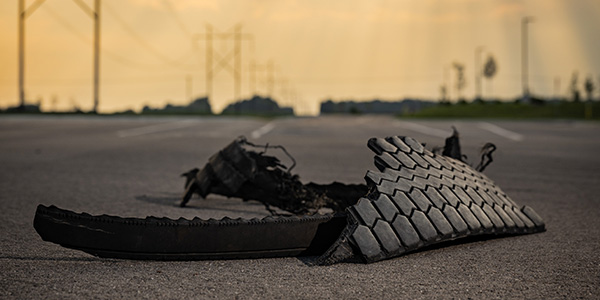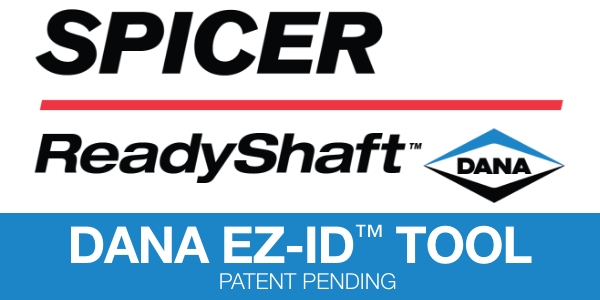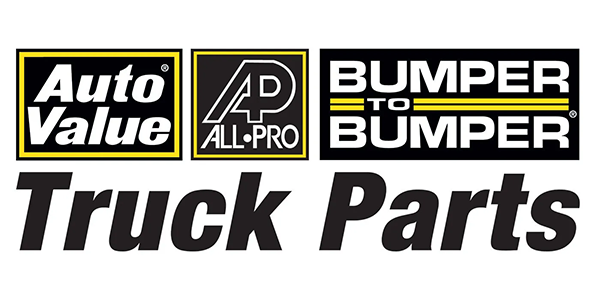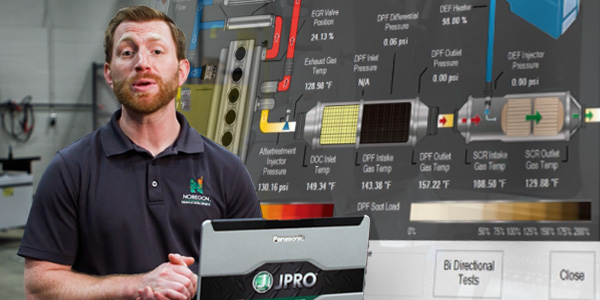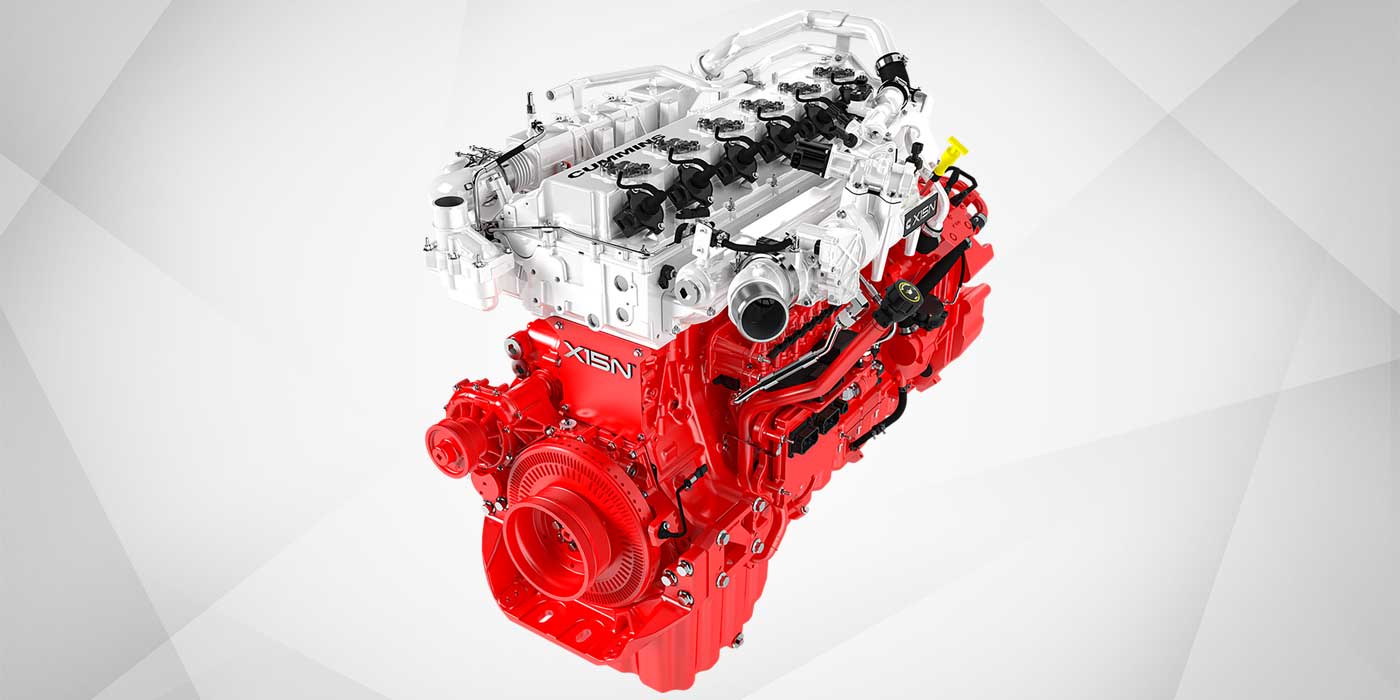The truck’s DPF removes diesel soot from the exhaust emissions of a diesel engine, and like any other filter, it slowly gets clogged up with the soot that it traps and if not serviced when required most likely fails.
What are the a few key common causes of DPF failure?
High Idle Times. High idle causes’ buildup of particulates in the filters, which increases the cleaning frequency. Particulates not burned off through the regeneration process can lead to poor fuel economy, reduced power output and possibly costly engine damage.
Trucks Running Short Routes. Quite common today is recurring short drive times at lower highway speeds and short duty vehicles often struggle to ever get hot enough to regenerate as needed. An optimal DPF regeneration takes place at a higher engine speed.
Issues with Exhaust Gas Recirculation (EGR) valve. Carbon dust inside the exhaust gasses clogs up the EGR system, reducing the movement of EGR valve. Due to this, the engine doesn’t function properly, leading to inefficient fuel consumption and more carbon dust production. Soon, this causes a DPF to become clogged.
Operator Error. Disregard of engine management system request for active regeneration.
Turbo Failure. Good quality turbochargers rarely become faulty. However, without the correct operating conditions, they will perform ineffectively. If there’s
Overloaded DPF. Overloaded DPFs can lead to cracked or melted DPFs






